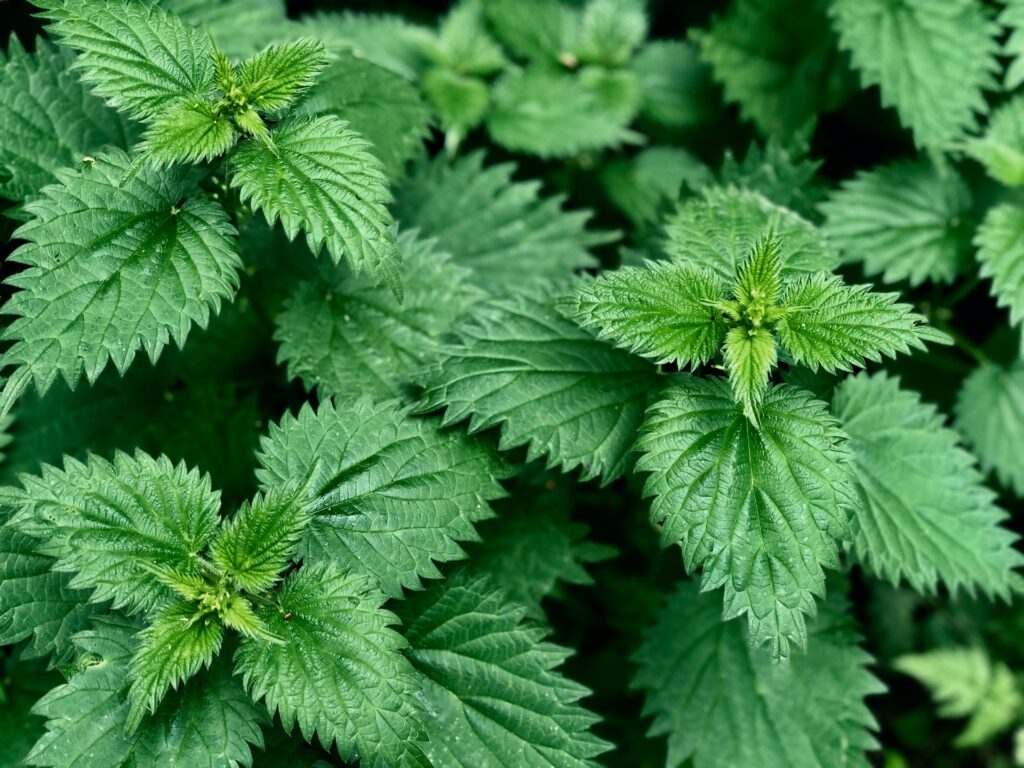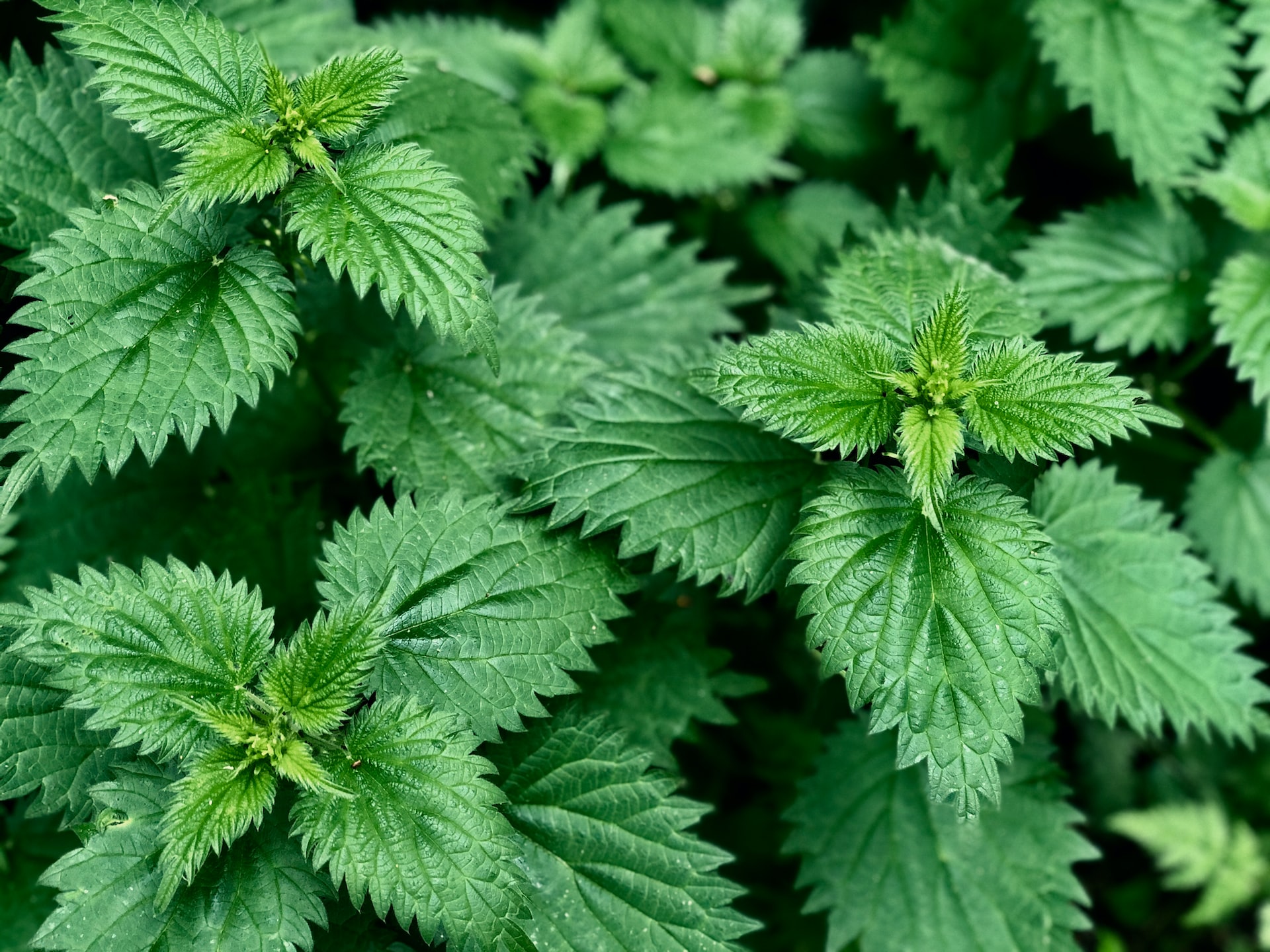If you suffer from hay fever, also known as allergic rhinitis, you’re not alone. More than 30 million people are affected by this condition, which occurs when your body overreacts to pollen or other allergens in the air.

There are a number of medications available to help relieve the symptoms of hay fever, but there are also some herbal remedies that can be effective. Here are four herbs that may help relieve your hay fever symptoms:
- Butterbur
Butterbur is a perennial herb that has been used for centuries to treat a variety of conditions, including hay fever. Butterbur extract is thought to work by inhibiting the production of histamine, a substance that your body releases in response to an allergen.
A 2008 study found that butterbur was effective in reducing hay fever symptoms in adults. The study found that those who took butterbur extract for four weeks had a significant reduction in sneezing, itching, and tearfulness, compared to those who took a placebo.
- Stinging Nettle
Stinging nettle is an herb that has a long history of use as a natural remedy for allergies. Like butterbur, stinging nettle is thought to work by inhibiting the production of histamine.
A small study published in the Annals of Allergy, Asthma & Immunology in 2000 found that stinging nettle was effective in reducing hay fever symptoms.
- Licorice Root
Licorice root is another herbal remedy with a long history of use for hay fever and other allergies. Licorice root is thought to work by inhibiting the production of inflammatory substances in the body.
- Fenugreek
Fenugreek is an herb that has been used for centuries in traditional Chinese medicine and Ayurvedic medicine for a variety of conditions, including hay fever. Fenugreek is thought to work by inhibiting the production of histamine.
A small study published in the Journal of Ethnopharmacology in 2005 found that fenugreek was effective in reducing hay fever symptoms. The study found that those who took fenugreek had a significant reduction in sneezing, itchy eyes, and runny nose, compared to those who took a placebo.
Nutrition
Eating certain foods can also help to ease hayfever symptoms. Foods that are high in vitamin C, such as citrus fruits and peppers, can help to reduce histamine levels. And, probiotic foods like yogurt and sauerkraut can help to boost the immune system and fight off allergies. Finally, make sure to stay hydrated by drinking plenty of water. This will help to thin out mucus and make it easier to breathe. By following these tips, you can help to make hayfever season a little bit easier to deal with.
